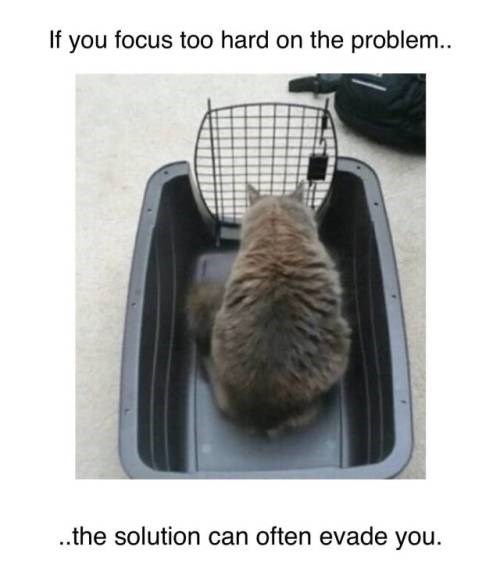I agree with everything that’s been said here.
#1 - slow down. If you’re playing a song and aren’t playing it well with good technique, you’re not playing it slow enough.
#2 - pick easier songs. The nice thing about Josh’s course is most of the songs we learn in it have pretty easy basslines (and we’re usually only learning one, easy riff from the song, not the whole song). I’ve found it difficult to know how difficult a song is going to be to learn/play until I try it. I may listen to a song, think it will be easy, and then go to learn it and it’s a lot harder than I think. Focus on learning easier songs until you get your technique dialed in.
#3 - shorter practice more often. I’ll even go farther than some others have here and say practicing 5 minutes a day is better than practicing an hour or two once or twice a week. As soon as you feel any kind of fatigue, whether it’s in your hands or mental fatigue. Stop. Take a break.
Also, this isn’t said often enough, take a day (or more) off once in a while. There’ve been so many times I haven’t played my bass for a few days, and when I pick it up again, things I struggled with before are suddenly easier. Sometimes your brain needs time to process things. Some time away from the instrument can actually be beneficial.
#4 play in front of a mirror and/or video record yourself practicing. The mirror is best if you can look at it while playing, because you can correct in real time. But either way you may see issues you’re not aware of in your technique.
#5 - be disciplined and do not accept less than good technique from yourself. This involves going back to #1 slowing down and #2 picking easier material. If you find your technique slipping, slow down. If still slipping, slow down more. If still slipping, pick something easier to practice.
If I remember right, some of the easier songs in the BtBA course are Bad Moon Rising by CCR. Folsom Prison Blues by Johnny Cash, and Another Brick in the Wall pt. 2 by Pink Floyd. So those are songs you can probably get up to tempo with good technique, so you can have something fun to play. Also, I know it’s boring, but you can also play scales slowly–major, minor, major & minor pentatonic, blues scale. Practicing these will help in a lot of other ways too.
I know from personal experience this is kind of a difficult tightrope to walk. Playing things at our level with good technique can often involve playing songs/exercises that aren’t as fun. I’m sure we all have songs we really want to play that are beyond us right now. (I’ve got a whole list!) It can be tempting to tackle a song like that when we’re not ready. What happens then, at least for me (and you it sounds like) is we manage to get the song out, but can only do it with bad technique. So it takes some discipline to stick with things in the right difficulty zone, and some creativity to find things in that zone to play that are fun.
But please don’t lose heart! You can do this, and you’ll be so glad later if you keep at it. If I were you, I think the first thing I’d do is find something easy and fun to play that I like, and work on that until I find the joy again.
